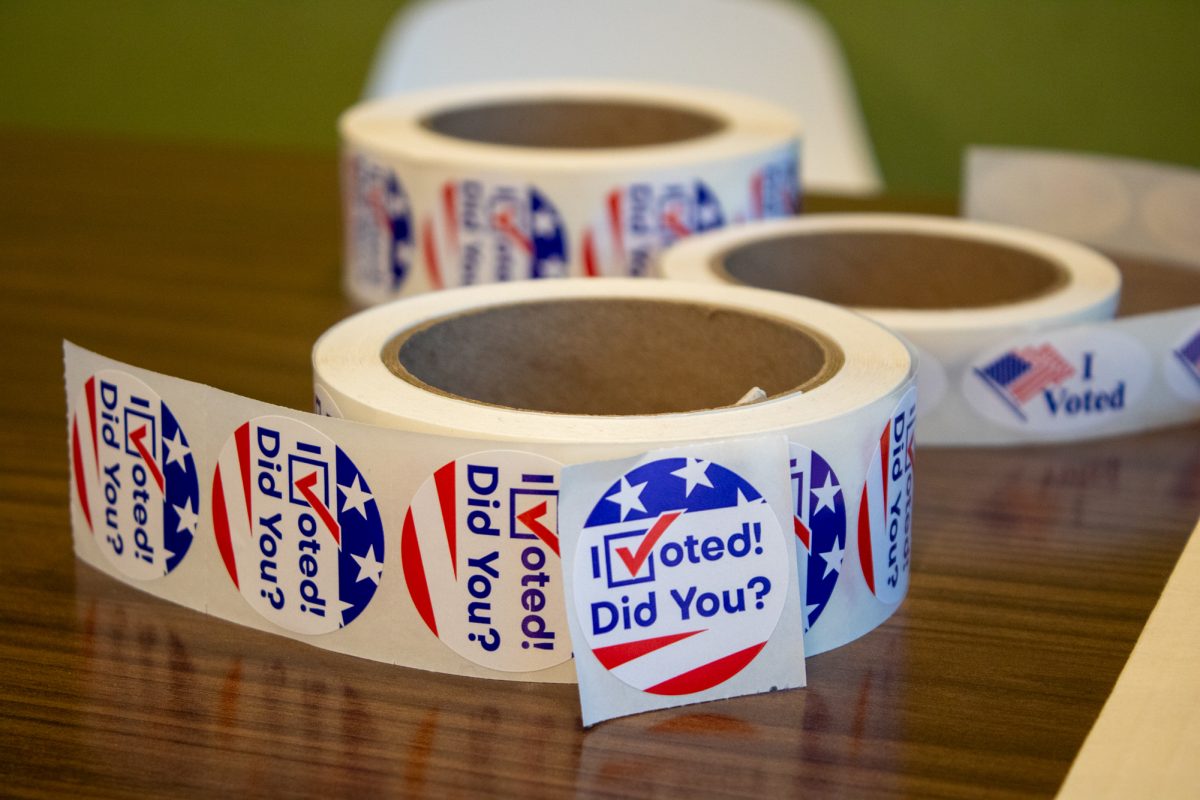EDITORIAL: Iraq war not justified by good intentions
March 22, 2004
Good intentions, it seems, is the best of what we have to show for a year after the war in Iraq began. With a Newsweek poll showing that 57 percent of Americans believe going to war was the right thing to do — even though similar majorities think the war is too costly and that it has made no difference in preventing another major terrorist attack — this may be the feel-good angle the Bush administration wants to take during the election campaign.
But an evaluation of the war’s success needs to go past this idea of good intentions; the real question is not just whether going to war was the right thing to do, but whether, as Bush declared to a Florida rally on Saturday, “the world is more free and America is safer.”
It’s hard to argue the American military’s stunning success in overthrowing Saddam did not result in some measure of security for nations whom his regime antagonized. But did it outweigh the costs?
First, the concrete costs for America: 560-plus soldiers lost and more than $100 billion spent on the war and reconstruction. Then there is the loss of international support and the evaporation of post-Sept. 11 sympathy and goodwill toward America. Some may scoff at the need for international support, but as Bush has often remarked, the war on terror requires global support. The war and the lack of WMDs that were the reason for war have turned off former allies, and the allies who do still support us are in danger of being consumed, as Spain was last week, by popular unrest.
These costs are further amplified when considering Iraq is far from stable. Though it is easy to criticize in hindsight, the administration did not appear to fully consider the difficulties of the occupation, as evidenced by Bush’s premature “Mission Accomplished” declaration or by Secretary of Defense Donald Rumsfeld’s early refusal to acknowledge the rebel insurgency that still plagues the region today. Nor did it take a think tank to predict a post-war democracy would be extremely difficult in a region where cultural and religious conflicts have run deep for centuries.
Ironically, Iraqis want America to hand over power as quickly as possible. But even the bitterest opponents of the occupation admit America would throw Iraq into chaos. More ironically, the United Nations, whom the Bush administration once mocked, is now being called in — too late, maybe — to help with the transfer of power.
When we consider how the resources, money and lives we have lost in Iraq may have been used in different ways to fight the war on terror — and how our military commitment to Iraq will weaken our ability to deal with future hotspots — the Iraq war may have been the right thing to do. But with the way it was handled, it clearly was not the best thing to do for the sake of America’s security.






